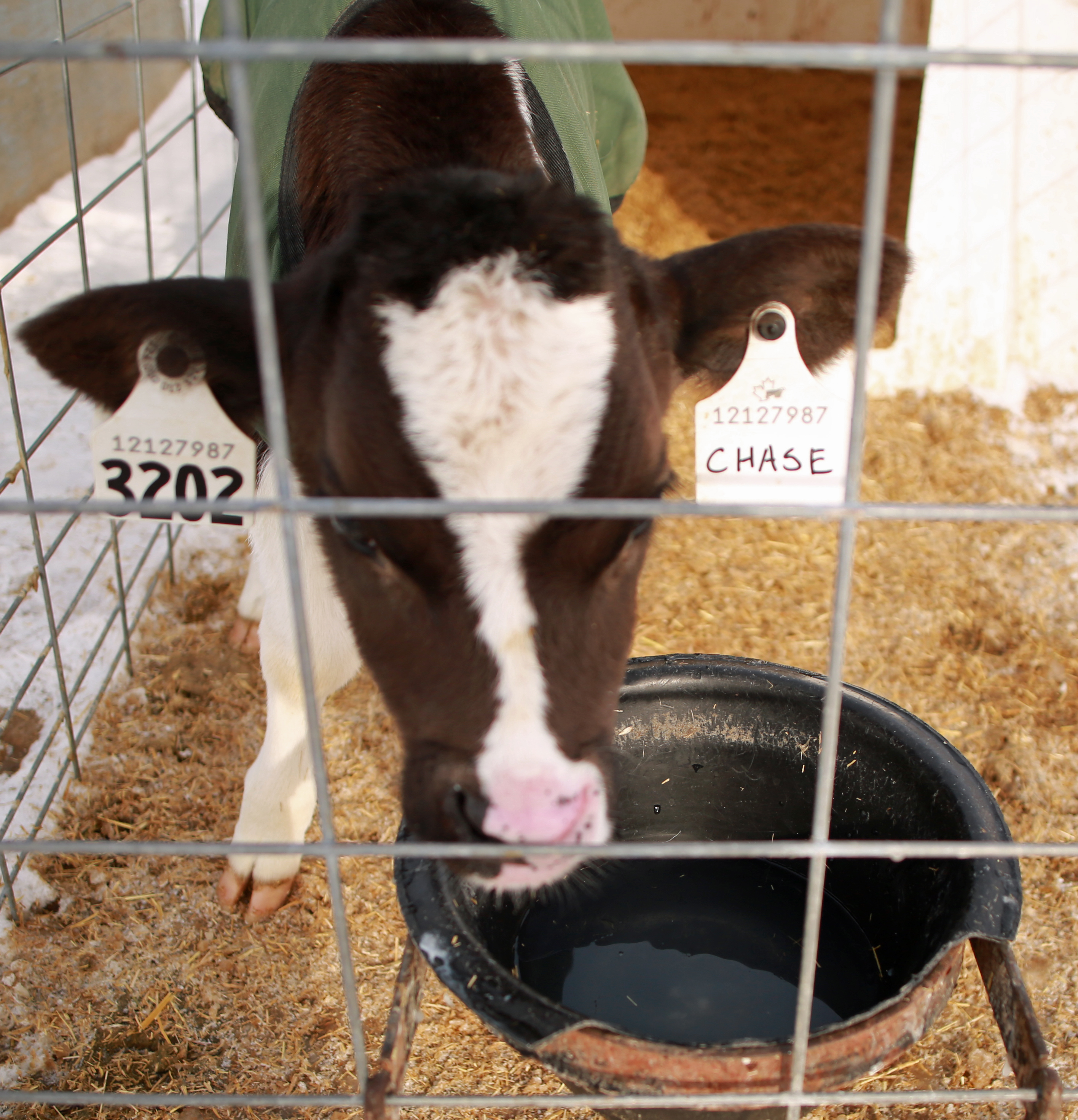Healthy Calf Conference
Follow to stay up-to-date on all Healthy Calf Conference updates. Speaker announcements, sponsorship information, registration announcements, and more.
Water is an important part of caring for calves. Water improves average daily gain and feed conversion, is very beneficial in the development of the rumen, encourages starter intake, and helps in digestion and the metabolic function of the calf.
Calves do not receive enough water in milk to meet their needs. Even slight dehydration will affect the metabolic function of the calf and reduce feed intake. As calves begin to eat more starter, their daily intake of water will increase.

A young calf under two weeks of age will drink very little water, but you still need to give access to water so the animal becomes used to having it available. As they age, they will begin to drink more water. In the summer cool water should be available to help reduce heat stress.
Water is the mostessential and cheapest ingredient in any livestock feeding operation. A 180–kg calf will require from 10–30 litres of water daily, depending on factors like temperature, humidity and the dry matter content of the diet. To achieve maximum gains, provide an adequate supply of clean, easily accessible water. Test the water offered to calves and mixed with milk replacers as the pH, mineral content and bacterial counts are of primary concern. It may be necessary to install water treatment equipment to ensure good water quality for your animals.
Research by A.F. Kertz at Ralston Purina found that weight gain between birth and four weeks of age was reduced by 38% and starter intake reduced by 31% for calves that did not receive water in addition to their milk replacer.
| Effect of Free–Choice Water on Calf Performance | ||
| Water (Free choice) | Water (None) | |
| Daily gain (grams) | 309 | 180 |
| Calf starter intake (kg) | 11.8 | 8.18 |
| Scour days per calf | 4.5 | 5.4 |
| Source: Kertz, Ruettzel, & Mahoney. 1984. J.D.S. 67:2964–2969. |
Follow to stay up-to-date on all Healthy Calf Conference updates. Speaker announcements, sponsorship information, registration announcements, and more.
The Codes of Practice are nationally developed guidelines for the care and handling of farm animals. They serve as our national understanding of animal care requirements and recommended practices.